‘Would shock you’: Global expert reveals horrifying world war prediction
One of the world’s leading experts has claimed we are lurching towards a devastating conflict that will make your blood run cold.
“World War III has already begun. You already have battles on the ground being co-ordinated in multiple countries,” a leading international banker has warned.
JP Morgan Chase CEO Jamie Dimon has told the Institute of International Finance that the current conflicts in Ukraine and the Middle East already represent a global conflict.
“I talk about the risk to us if those things go south,” Dimon said.
“We run scenarios that would shock you. I don’t even want to mention them.”
He said China, Russia, North Korea and Iran represented an “axis of evil” aimed at destroying the cooperative global community established following World War II.
“They’re talking about doing it now,” Mr Dimon warned the gathering of global financial leaders. “They’re not talking about waiting 20 years. And so the risk of this is extraordinary if you read history.”
It’s a threat exceeding that of a global economic “soft landing” and climate change, he added.
“It may diminish over time,” the influential Wall Street billionaire qualified.
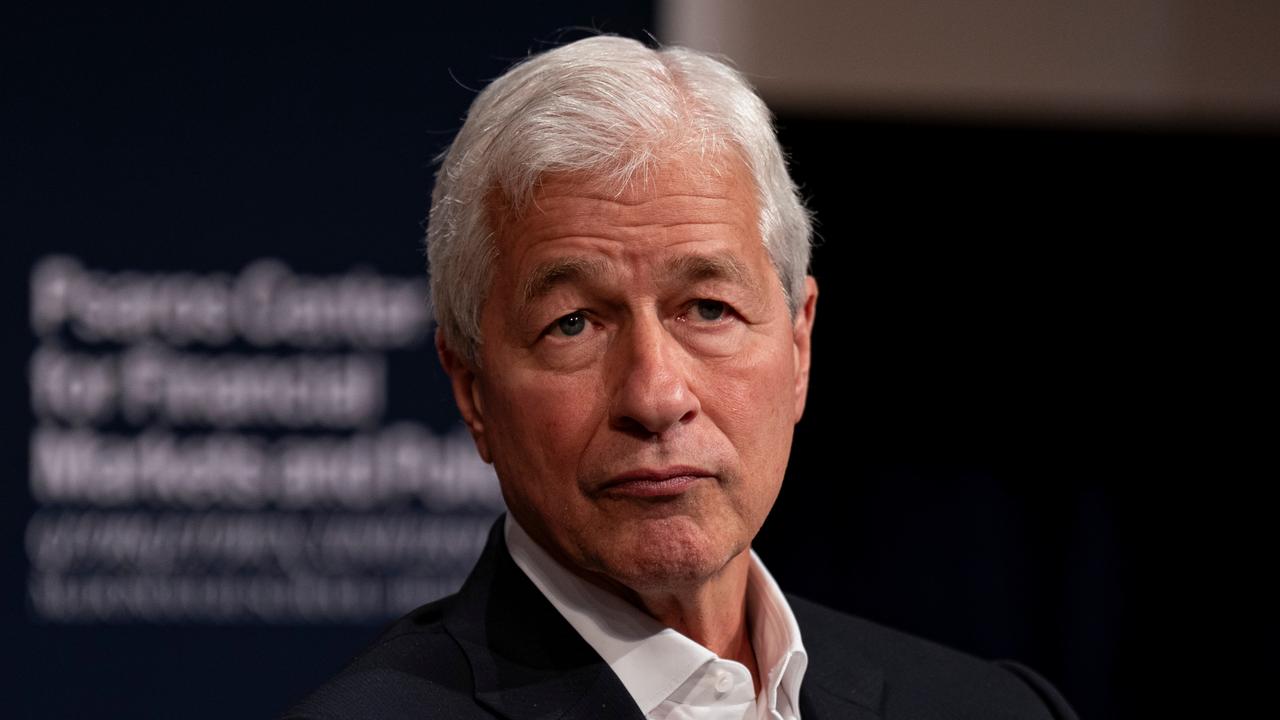
“But mistakes happen,” he added.
“Look at how we tripped into World War II. When Czechoslovakia was split up – sounds a little like Ukraine – that was the end of it. Until they invaded Poland.”
The $A55-million-a-year executive is by no means the only voice adding a sense of urgency over the rapid unravelling of geopolitics.
The US Army’s outgoing commander of forces in the Pacific region told a defence conference in Washington DC earlier this month that the growing collaboration between global dictators and authoritarians had produced a “very dangerous combination”.
“There’s a limited regional war going on in Europe,” General Charles Flynn said.
“There’s a limited regional war going on in the Middle East. We can ill afford another limited regional war in Asia. Why? Because it will be a global problem for all of us.”
Dictators on the march
China’s Chairman Xi Jinping told his nuclear-equipped Rocket Force troops earlier this month that they must “comprehensively strengthen training and preparation for war,” state-controlled media reported.
His instructions came just days after Beijing’s forces staged a large-scale military demonstration surrounding the island nation of Taiwan. Combat jets, drones, warships and coast guard vessels encircled the island for the fourth time in two years.
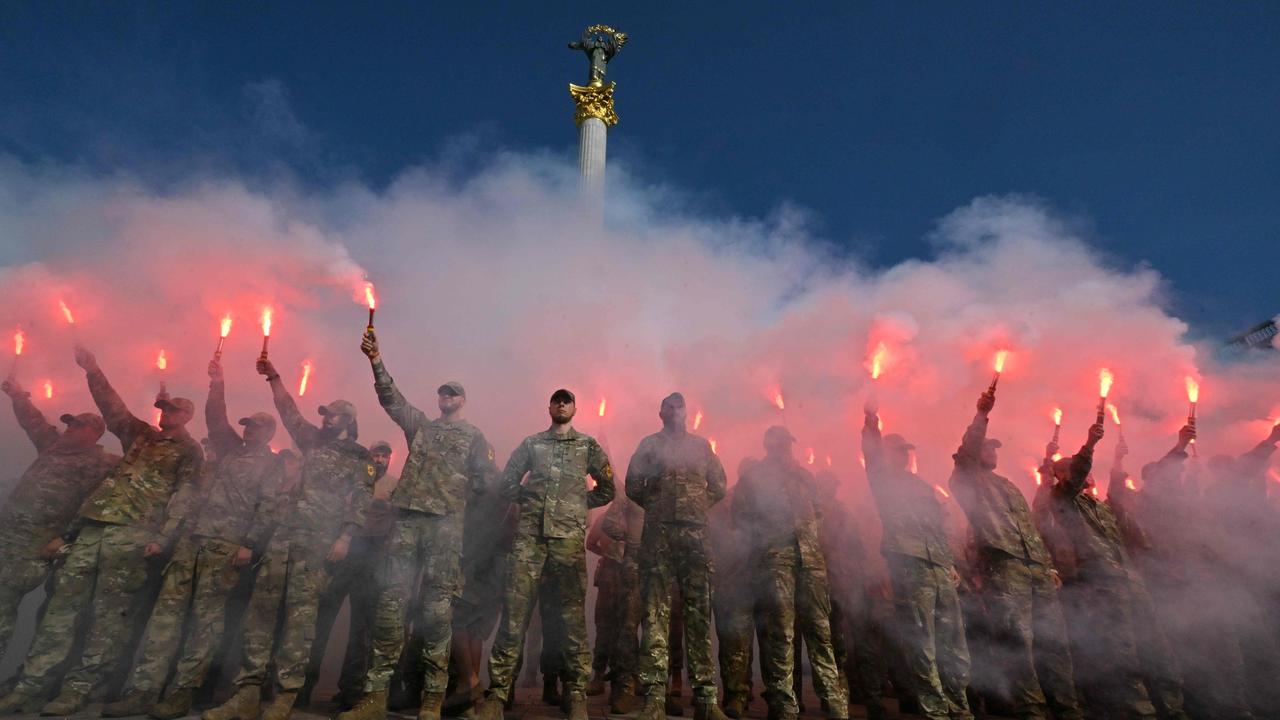
The Chinese Communist Party said the independent democratic island of 23 million people rightfully belonged to it, and violently opposes all displays of independence. And Beijing refuses to rule out using force to annex the last remaining holdout against its 1949 revolution.
Days earlier, Russia’s President Vladimir Putin once again telegraphed his willingness to use nuclear weapons to guarantee the success of his invasion of Ukraine.
Russian Foreign Minister Sergei Lavrov insisted the West was “asking for trouble” by considering Ukrainian requests to use their long-range missiles to strike deep behind the borders of their aggressor.
“We are now confirming once again that playing with fire – and they are like small children playing with matches – is a very dangerous thing for grown-up uncles and aunts who are entrusted with nuclear weapons in one or another Western country,” Lavrov warned.
“Americans unequivocally associate conversations about the Third World War as something that, God forbid, if it happens, will affect Europe exclusively.”
Russia, meanwhile, continues to ramp up its use of long-range drones and missiles supplied by North Korea and Iran as its own stockpiles diminish.
“We’ve never had a situation where a man is threatening nuclear blackmail,” Dimon said, referencing Putin.
“That: ‘If your military starts to win, we’re rolling out the nuclear weapons’ type of thing. If that doesn’t scare you, it should.”
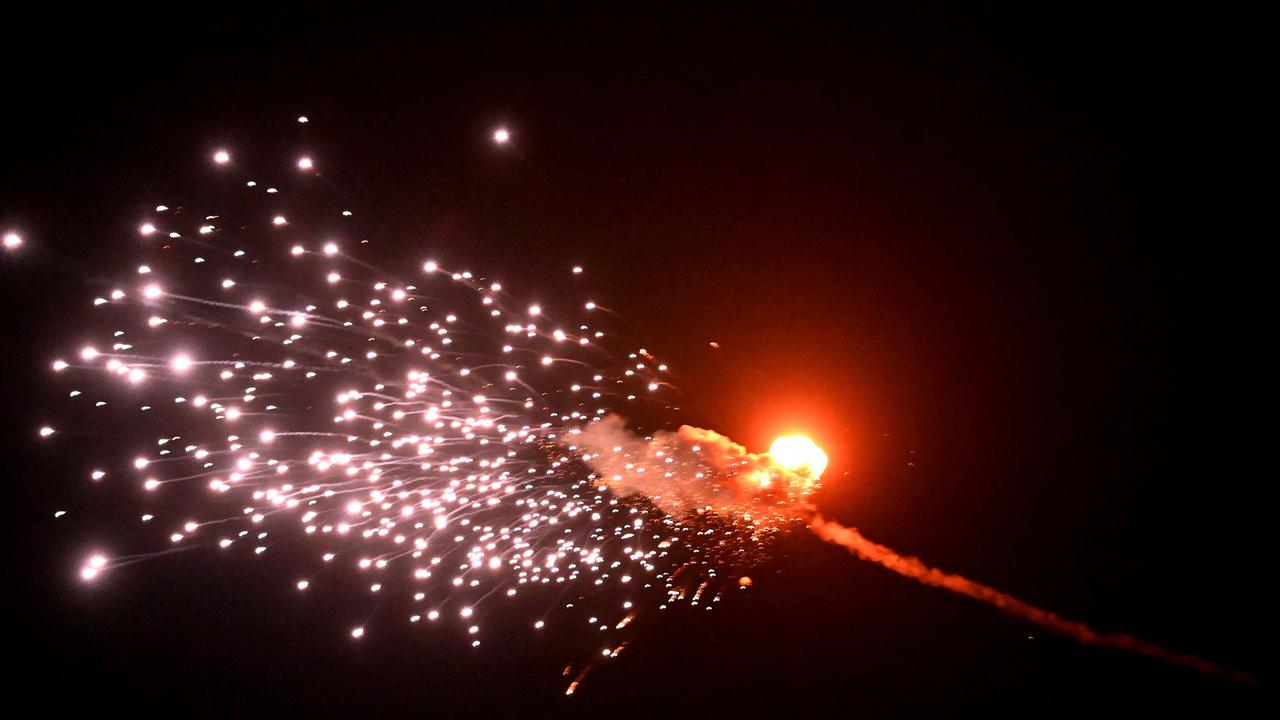
Axis rolls into effect
Last week, the White House National Security Council confirmed it had observed the presence of some 3000 North Korean special forces troops inside Russia. The Pentagon added that it believes up to 10,000 are being mobilised, with units already on their way to the Ukrainian front lines.
“The large deployment of North Korean troops in Russia represents a troubling new phase in the Russia-Ukraine war while carrying deeper implications for global politics,” said Brookings Institution analysts Andrew Yeo and Hanna Foreman.
It’s the first commitment of troops between what many call the “Axis of Authoritarians”. But it’s not the first example of mutual support.
Russia has been taking delivery of Shahed long-range drones from Iran, and is in talks to help restock its missile arsenal. China faces growing accusations of behind-the-scenes support by providing critical componentry needed to maintain advanced weapons systems. And North Korea has opened up its stockpile of artillery ammunition.
“Since August 2023, Russia has reportedly received 13,000 (North Korean) shipping containers that include artillery rounds, antitank rockets, and short-range ballistic missiles to replenish badly depleted Russian munitions and weapons,” the Brookings analysts reported.
In return, they said, President Kim Jong-un will likely receive greater economic access to Russian markets and military-technical assistance for its nuclear, satellite and rocket technologies.
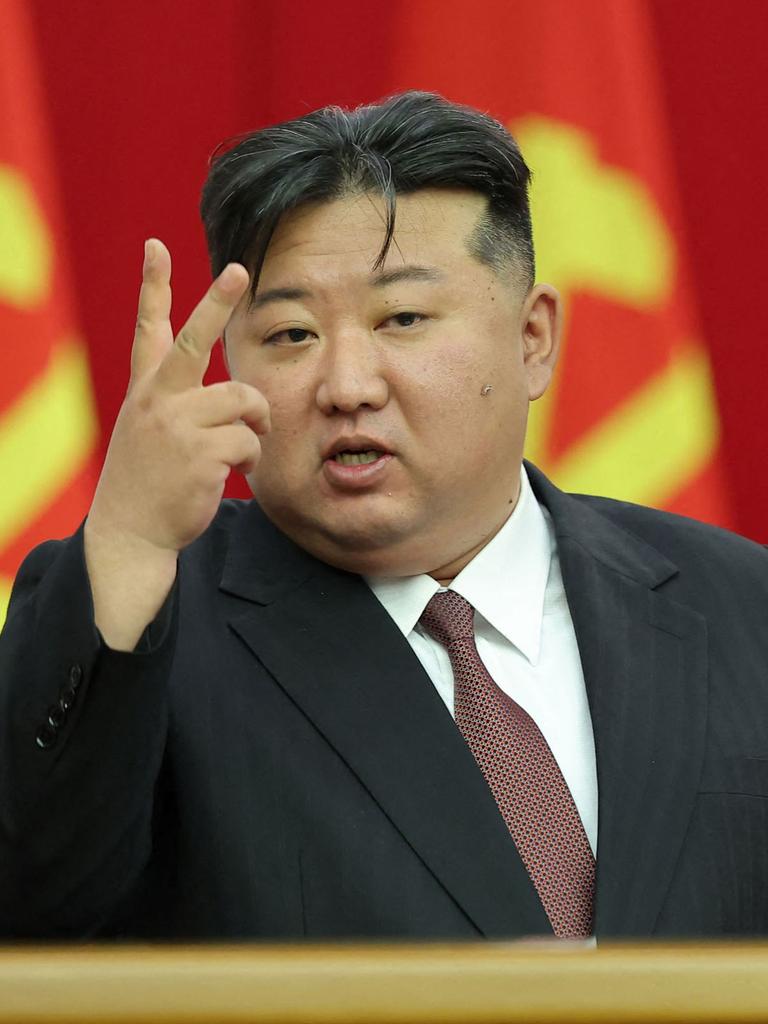
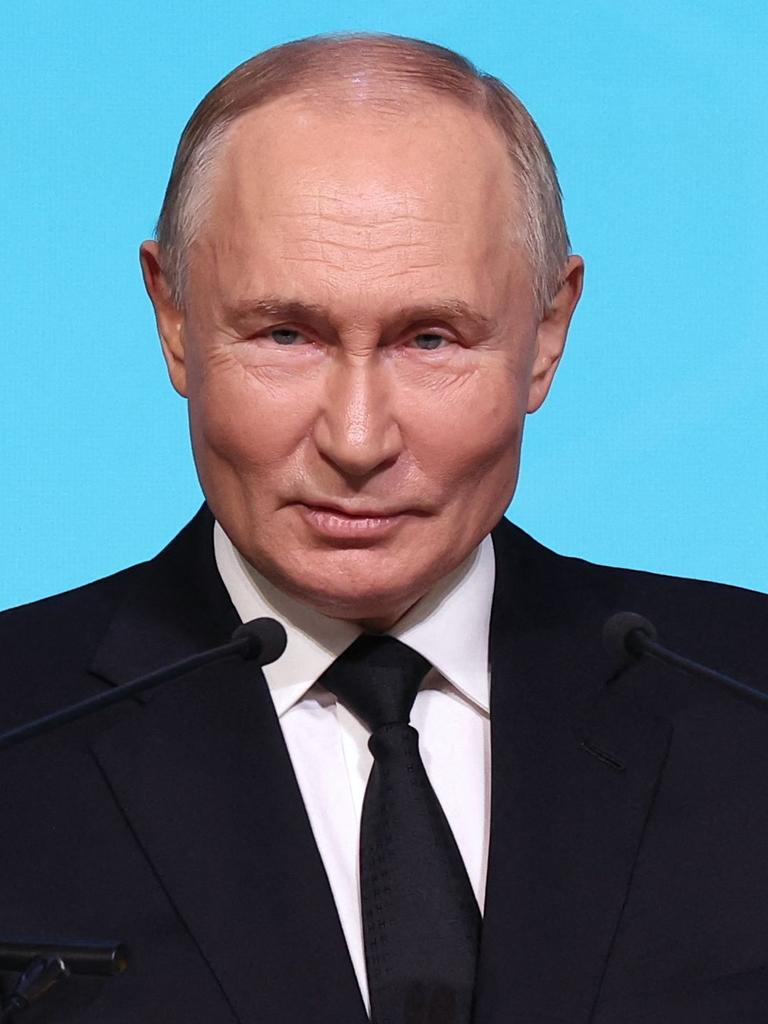
“Putin has demonstrated again that, far from being isolated, countries are willing to support Russia’s war in Ukraine,” Mr Yeo and Ms Foreman write.
“The lengths North Korea has taken to enable Putin’s war may encourage other states such as Iran to strengthen its own bilateral military ties with Russia as it braces for possible escalation with Israel.”
Global fallout
“We can’t be naive,” JP Morgan Chase’s Mr Dimon said.
“We can’t take the chance this will resolve itself – we have to make sure that we are involved in doing the right things to get it resolved properly.”
And the nuclear threat must be taken seriously, he added.
“It’s just a matter of time before these things are going off in major cities around the world,” he said referring to possible consequences if more countries acquired nuclear weapons.
“I think we have to just have clarity and subordinate a lot of things to make sure this ends up right.”
And war’s impact would strike at the heart of every nation in the modern interconnected world.
A January Bloomberg Economics report warned a war involving significant military powers would cost the world’s economy some $US10 trillion ($A15 trillion) – about 10 per cent of global GDP.
And recent reports into the threat of regional war in the Middle East emphasised oil price spikes would cause global inflation to skyrocket, taking the price of food and essentials with it.
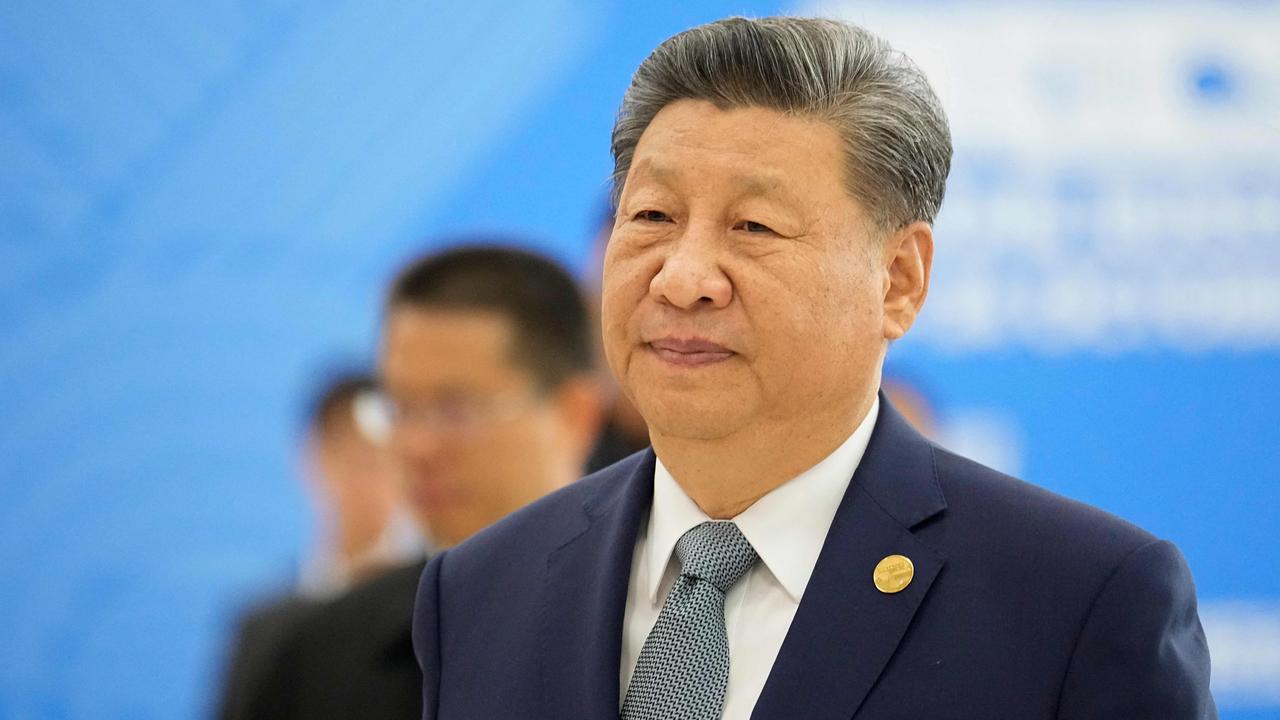
The cycle of escalation in the Middle East last weekend saw Israel strike an Iranian military facility associated with missile production. Again, the world is waiting for Iran’s tit-for-tat response.
Chinese naval and coast guard vessels have intruded as far south as Indonesian territorial waters as they continue to enforce an assertion of ownership over the entirety of the South China Sea against Vietnamese and Philippine interests.
But Indian Prime Minister Narendra Modi is celebrating a reduction of tensions on his Himalayan border. A new deal was sealed with Beijing amid recent BRICS talks – an emerging economic pact between Brazil, Russia, India, China, South Africa, Iran, Egypt, Ethiopia and the United Arab Emirates aimed at bypassing existing global networks and standards.
More Coverage
Now, however, all eyes are on the fallout of North Korean troops being deployed in Russia.
“Should Russia further boost North Korea’s weapons capabilities and deliver troops and munitions to Pyongyang through its Far East, the United States and its allies in Europe and Asia will need to prepare for a new phase of greater instability and possible escalation in Northeast Asia,” the Brookings analysts concluded.
Jamie Seidel is a freelance writer | @JamieSeidel






